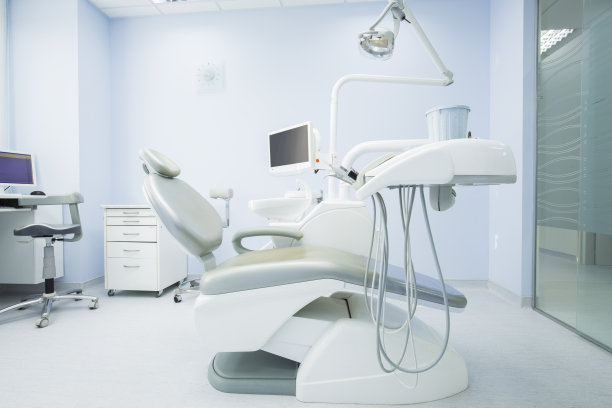Essential Precautions You Must Take Before and After Receiving a Dental Filling for Optimal Oral Health
Summary: Receiving a dental filling is a common procedure aimed at restoring decayed teeth, but it necessitates essential precautions before and after the treatment for optimal oral health. This article outlines critical steps to take around the time of your dental filling. By focusing on pre-appointment preparations, understanding post-treatment care, adhering to dietary restrictions, and scheduling follow-up visits, patients can ensure a smooth recovery while avoiding complications. Following these guidelines not only promotes better oral health but also enhances the longevity of dental restorations. Take control of your health today by being informed and prepared for your procedure.
1. Pre-Appointment Preparations for Your Filling

Before undergoing a dental filling, it is crucial to prepare yourself adequately. Start by scheduling an appointment with a trusted dentist who can analyze your dental health and recommend the necessary treatment. A thorough examination allows the dentist to determine the extent of decay and decide whether a filling is appropriate or if further intervention is required.
Additionally, inform your dentist about any medications you are currently taking or if you have any allergies, particularly to anesthesia substances. This information helps the dentist tailor the treatment to your unique needs while minimizing risks during the procedure.
Lastly, consider taking a friend or family member with you on the appointment day. Depending on the extent of your filling, local anesthetics may affect your ability to drive or operate machinery post-treatment. Having someone available ensures you have safe transportation and support after your appointment.
2. Post-Treatment Care to Promote Healing
After receiving a dental filling, the next critical step is understanding how to care for the treated area. Its essential to follow your dentists post-treatment instructions, which often include avoiding biting on the filled tooth until the anesthesia wears off. This helps prevent accidental biting of your cheek or tongue during the recovery phase.
In the days following the procedure, you might experience some sensitivity in the filled tooth area. Over-the-counter pain relievers can help manage discomfort, but consult your dentist if the pain persists. Monitoring the area for unusual symptoms, such as excessive swelling or prolonged pain, is vital as these could signal complications.
Another vital post-treatment care tip is practicing good oral hygiene. Regular brushing and flossing are crucial, but be gentle around the newly filled area to avoid disturbing the restoration. Maintaining a clean mouth promotes healing and prevents additional decay from forming around the filling.
3. Dietary Restrictions for Optimal Recovery
Your diet plays a significant role in the recovery process following a dental filling. It鈥檚 advised to avoid hard, crunchy, or sticky foods immediately after the procedure, as these can put unnecessary stress on the newly filled tooth. Soft foods like yogurt, mashed potatoes, and smoothies are excellent choices until sensitivity decreases.
Furthermore, be cautious with temperature extremes. Very hot or cold foods and beverages can exacerbate tooth sensitivity, so it鈥檚 wise to stick with lukewarm options in the initial days post-treatment. Gradually reintroducing your regular diet can be done as your mouth begins to heal.
Hydration is another essential element during recovery. Staying well-hydrated not only supports overall health but aids in the healing process of your gums and surrounding tissues. Drinking plenty of water can also facilitate your oral hygiene routine and help wash away food debris more efficiently.
4. Importance of Follow-Up Visits
After receiving a filling, scheduling a follow-up appointment with your dentist is crucial to monitor your recovery and the condition of the filling. During this visit, your dentist can check for any signs of complications, such as filling dislodgment or decay around the restoration. These check-ups ensure that the filling remains effective and that your oral health is not compromised.
Additionally, regular dental visits, ideally every six months, are essential for maintaining your overall oral health beyond the filling. Professional cleanings and examinations help prevent cavities and other dental issues down the line.
Remember, an open line of communication with your dentist is important. If you experience persistent issues or have concerns between regular appointments, do not hesitate to reach out. Early intervention can save you from more complicated treatments or further damage to your dental health.
Summary:
In summary, taking essential precautions before and after receiving a dental filling is paramount for optimal oral health. Proper preparation, diligent post-treatment care, dietary considerations, and consistent follow-up appointments significantly enhance the success of your dental restoring efforts. Implementing these practices encourages long-term health benefits while maximizing the effectiveness and longevity of your dental restorations.
This article is compiled by Vickong Dental and the content is for reference only.



